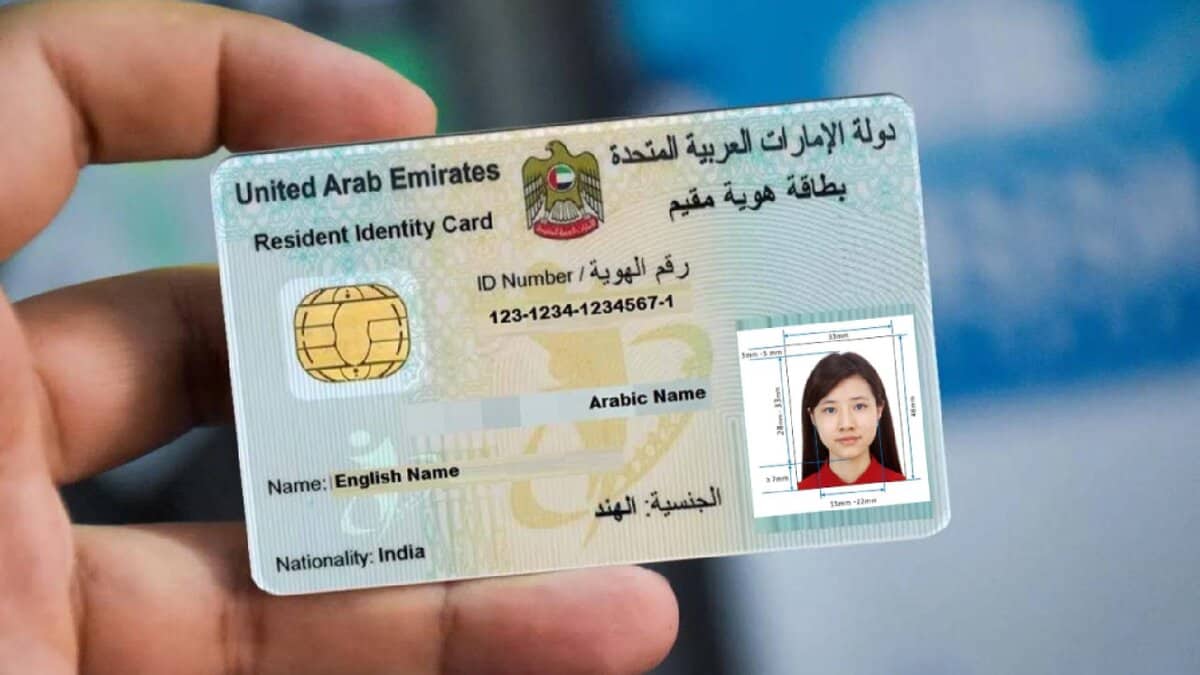
The United Arab Emirates (UAE) is set to launch a next-generation digital identity system that will eliminate the need for residents and visitors to present physical Emirates ID cards when accessing essential services.
Slated for implementation within the coming year, the system will leverage facial recognition and biometric authentication technologies, enabling seamless and secure identity verification across key sectors, including healthcare, banking, hospitality, telecommunications, and government services.
The announcement was made during a recent session of the Federal National Council (FNC), where Dr Adnan Hamad Al Hammadi, a member of the FNC, raised concerns about the ongoing dependence on physical ID cards, despite the country’s significant strides in digital transformation.
“The UAE has achieved exceptional progress in delivering smart services designed to minimise bureaucracy,” Dr Al Hammadi noted. “However, challenges remain, as hospitals, banks, and hotels continue to require the original Emirates ID to complete transactions—undermining the effectiveness of digital service delivery.”
In response to Dr Al Hammadi’s question, Abdulrahman bin Mohammed Al Owais, Minister of Health and Prevention and Minister of State for FNC Affairs, presented a written reply from the Federal Authority for Identity, Citizenship, Customs and Port Security (ICP).
“The UAE has achieved remarkable advancements in smart services aimed at reducing bureaucracy,” Al Hammadi said. “Yet, challenges persist as hospitals, banks, and hotels continue to require the original Emirates ID to complete transactions. This undermines the efficiency of the digital services ecosystem.”
Dr Al Hammadi’s inquiry was addressed by Abdulrahman bin Mohammed Al Owais, Minister of Health and Prevention and Minister of State for FNC Affairs, who relayed a written response from the Federal Authority for Identity, Citizenship, Customs and Port Security (ICP).
According to the ICP, the UAE has already integrated digital ID services into numerous government platforms, and is now working on the full-scale deployment of a unified biometric system. This initiative includes facial recognition technology supported by artificial intelligence, to be accessed via the official smart application.
The ICP emphasised that these digital solutions will offer secure, reliable alternatives to traditional ID cards, backed by stringent data protection protocols and a risk-managed framework. The authority is also collaborating with key stakeholders across public and private sectors to ensure smooth adoption of the new system.
The new digital identity infrastructure is designed to enhance user experience, boost efficiency, and maintain the UAE’s global leadership in smart governance. Services most affected by the current ID requirements—such as healthcare, financial services, and hospitality—will be prioritised in the first phase of implementation.
The UAE currently ranks first in the Arab world and 13th globally in digital government development, and has launched over 100 e-services across sectors in recent years. The upcoming transformation reflects the country’s continued commitment to innovation, digitalisation, and world-class service delivery.


